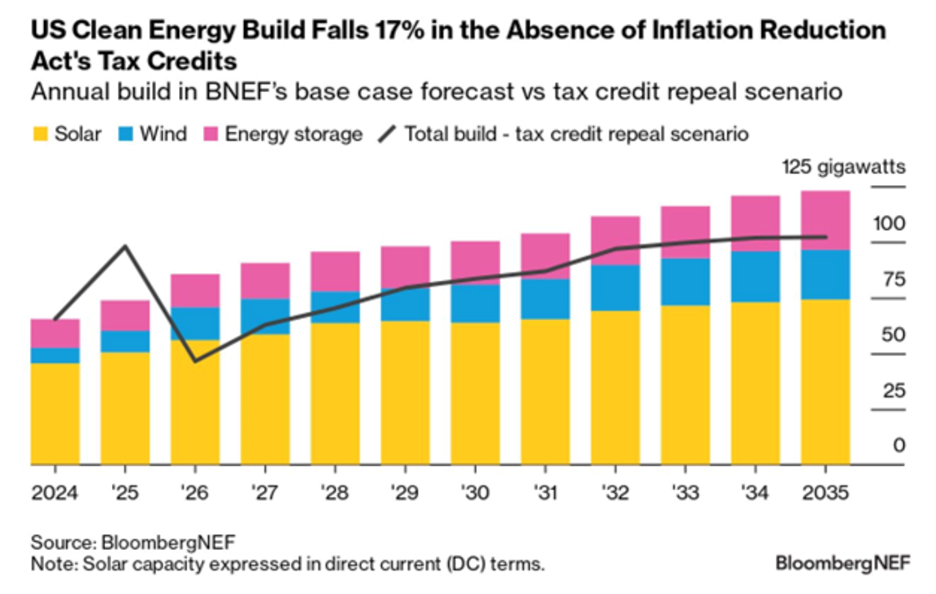Themes After NYC Climate Week: The Times They Are A-Changin'
- Gabriel Thoumi

- 30 sept 2022
- 2 Min. de lectura
October 1, 2022

We wanted to share our impressions after many of us convened in NYC during Climate Week September 19-23. Climate Week is the annual gathering in NYC of institutions committed to supporting our transition to a low-carbon, sustainable, and equitable economy. Climate Week is known for the opportunity it presents for institutions to discuss and describe transition strategies with their peers and also other unrelated sectors.
Triple Crisis – Climate, Biodiversity, and Water: Institutions were actively talking across the triple crisis silos of climate, biodiversity, and water focusing on metrics that can be piloted now, and then deployed at scale in the short term.
On the climate cliff: Institutions are demonstrating urgency yet are not fully collaborating. While the 2021 IPCC report states we have 300 GtCO2 left in 2020 if we want to achieve a 1.5° increase with 83% probability, it means we must reduce emissions by 12% per year starting now if we are going to begin decarbonization.
Urgency: People from all walks of life and various professions were talking about collaboration, coordination, and dealmaking.
Trust: On the other hand, institutions are also talking with their peers and with others outside the sector big and small. Trust is developing out of urgency.
Alignment: It is clear now that institutions are talking about “what is true for the plane is true for all forms of financing” Frédéric Samama, Head of Strategic Development at Sustainable1, S&P Global.
Fixed Income
A consultation was launched by the UK government on the Local Government Pension Scheme (LGPS) to require the pension, which has £342 billion ($394.7 billion) in assets, to implement effective climate risk management. Each administering authority of the pension would be required to publish an annual report that follows the recommendations by the Task Force on Climate-related Financial Disclosures (TCFD). For full disclosure, Responsible Alpha is a signatory of TCFD.
Equities
Porsche’s IPO was successful, with Porsche generating €9.4 billion in proceeds for its parent Volkswagen. What this means for other automotive names transitioning to EVs remains to be seen.
Indices, Commodities, and Derivatives
S&P launched a family of indices called the S&P Net Zero 2050 Carbon Budget Indices. Based on the recent IPCC report, this family of indices recalibrates the pathway of each company based on its pathway to decarbonization to 1.5ºC compared to pre-industrial levels. The indices are updated each year demonstrating the increasing systemic risk of not achieving 1.5ºC.
The European Parliament voted to strengthen key elements of a planned EU regulation on deforestation-free supply chains. EU consumption is a major driver of global deforestation. It is the world’s second-largest importer of tropical deforestation and associated emissions after China and is responsible for 10 percent of worldwide deforestation associated with the production of goods or services.
Markets, and Fiscal and Monetary Policies
UK gilts experienced their biggest one day fall in history after their biggest one day gain in history after fiscal policies were announced to address record inflation and current account deficits. Watch how the Bank of England addresses re-pricing and liquidity of long-dated gilts while policy mavens will be looking for fiscal and monetary policy adjustments. Great Britain’s thousand-year old currency – the pound sterling – is moving towards parity with the US dollar.









Comentarios